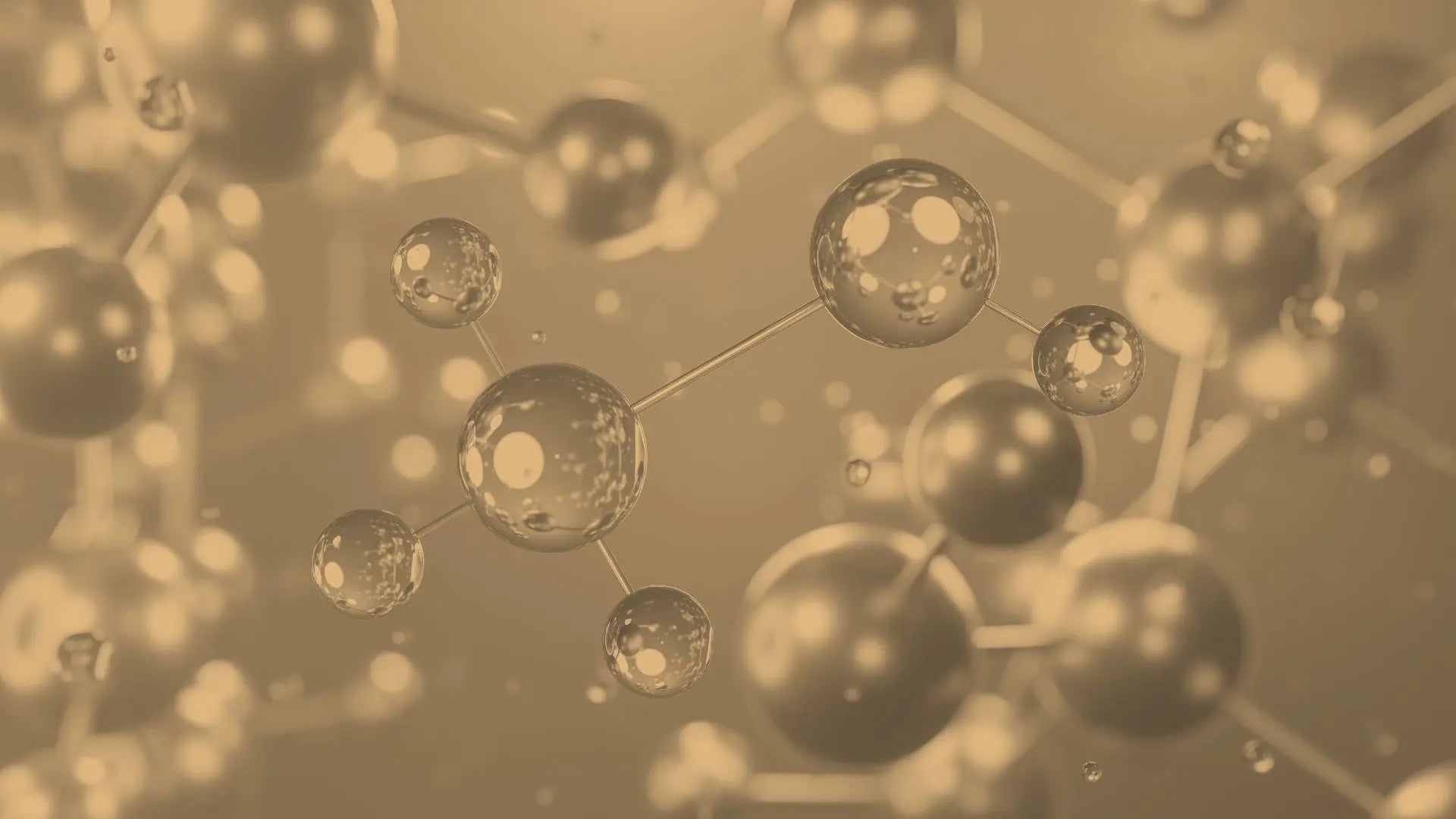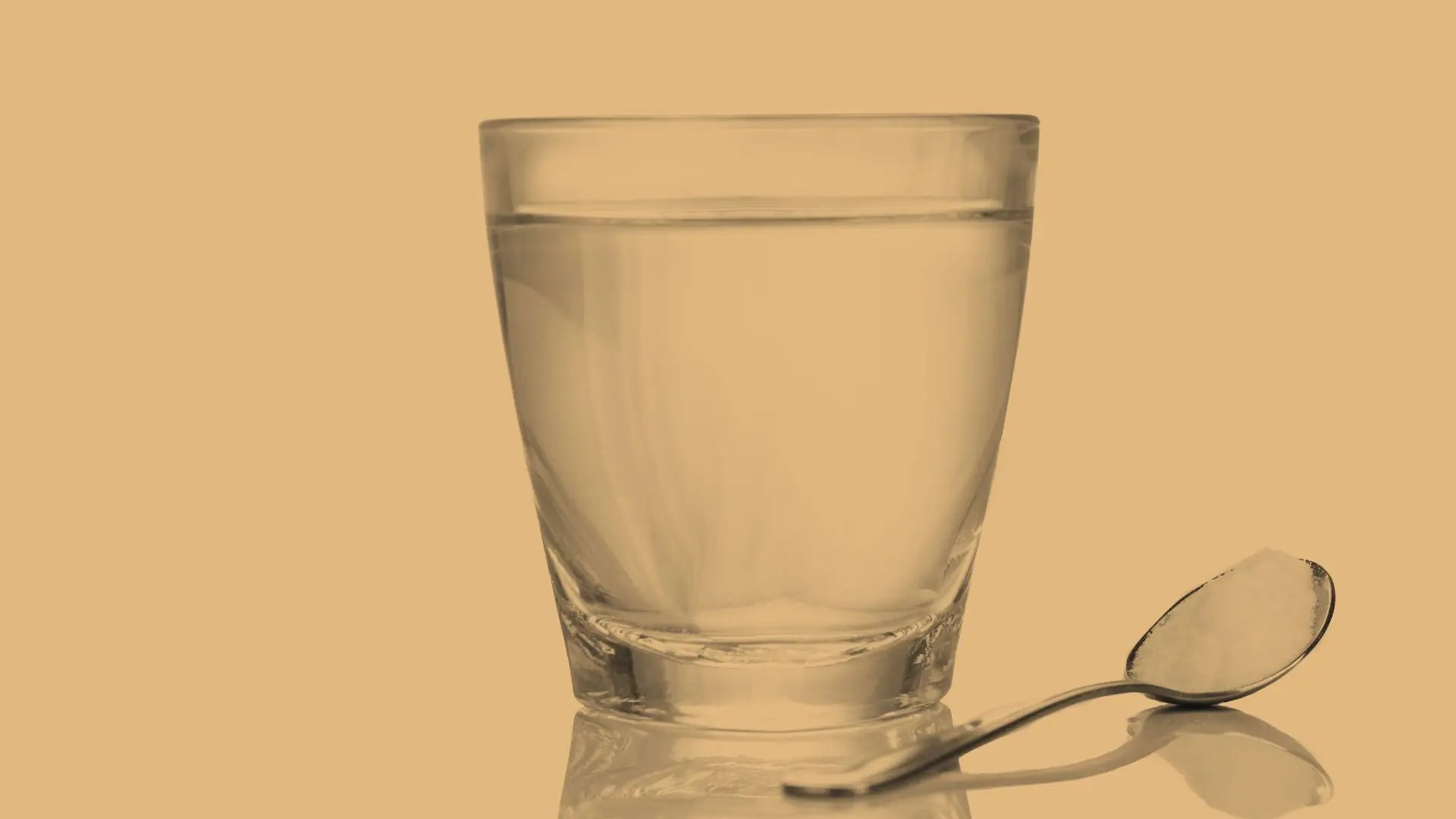
Why Alcohol Depletes Nutrients: How to Replenish After a Night Out
A fun night out can quickly turn into a sluggish morning after, and it’s not just because of the alcohol itself—it’s also because of alcohol’s effects on your body’s nutrient stores.
We all know that alcohol offers no nutritional value—it provides only empty calories, without any essential vitamins or minerals. But you may not have realized that alcohol can actually prevent the body from absorbing some nutrients and can even deplete its existing stores of many nutrients.
Drinking alcohol can lower levels of important vitamins and minerals—electrolytes, B vitamins, antioxidants, and more—leaving you fatigued and run-down. Understanding which nutrients are lost with drinking and how best to replenish them can make a big difference as you recover from a big night out the next day.
How Alcohol Depletes Nutrients
Alcohol does a lot more than just make you feel tipsy. By significantly depleting essential nutrients, alcohol can make you feel seriously drained and sluggish the next day. Here’s exactly how drinking alcohol affects some of the most important vitamins and minerals:
Dehydration and Electrolyte Loss
Because alcohol is a diuretic, it increases urine output and causes the loss of water and critical electrolytes (sodium, potassium, magnesium, calcium). These minerals serve essential functions in the body, like nerve signaling, muscle function, and maintaining fluid balance. Electrolyte imbalances can contribute to headaches, fatigue, muscle cramps, and other symptoms associated with hangovers.
B Vitamin Depletion
Drinking interferes with the body’s ability to metabolize and absorb several B vitamins, including thiamine (vitamin B1), folate (B9), B6, and B12. These vitamins play important roles in energy production, red blood cell formation, and brain function, so their depletion can contribute to feelings of weakness and mental fogginess.
In the most serious cases, B vitamin depletion from alcohol abuse can lead to a brain disorder called Wernicke-Korsakoff syndrome, illustrating the potentially extreme risks of B vitamin deficiency.
Loss of Vitamin C and Antioxidants
The process of metabolizing alcohol in the body creates oxidative stress, producing free radicals that deplete levels of antioxidants like vitamin C. This group of nutrients is especially important for preventing and repairing cellular damage from free radicals, which can contribute to serious chronic diseases in the long run.
Replenish Lost Nutrients With These Pre- and Post-Drinking Supplements
Although drinking alcohol inevitably causes some nutrient depletion, there are ways to counter this and replenish lost nutrients:
Before You Drink: Take PREGAME
PREGAME contains a potent combo of ingredients backed by scientific evidence for their effectiveness in supporting alcohol processing:
- NAC, which may make post-alcohol symptoms less severe.
- Siliphos®, a compound derived from real milk thistle that could offer protective effects against cirrhosis related to alcoholic liver disease.
- Clovinol®, an antioxidant and anti-inflammatory that can reduce negative feelings after drinking by roughly 55 percent.
- DHM, another antioxidant and anti-inflammatory.
During and After Drinking: Prioritize HYDRATION
Since dehydration drives so many hangover symptoms (headaches, nausea, fatigue, and more), you’re probably already doing your best to hydrate after a night out. The most effective way to replenish is with the electrolytes and other nutrients found in HYDRATION:
- Hydra 4G™, an optimal blend of sodium, potassium, magnesium, and calcium.
- B vitamins, which are also depleted by alcohol consumption.
- Liposomal Pureway C™, which combats free radicals and may support the immune system.
- Zinc, another essential mineral for healthy immune function.
For more medically informed advice on minimizing your post-alcohol symptoms, visit the Capsulyte blog—it’s updated on a regular basis!


